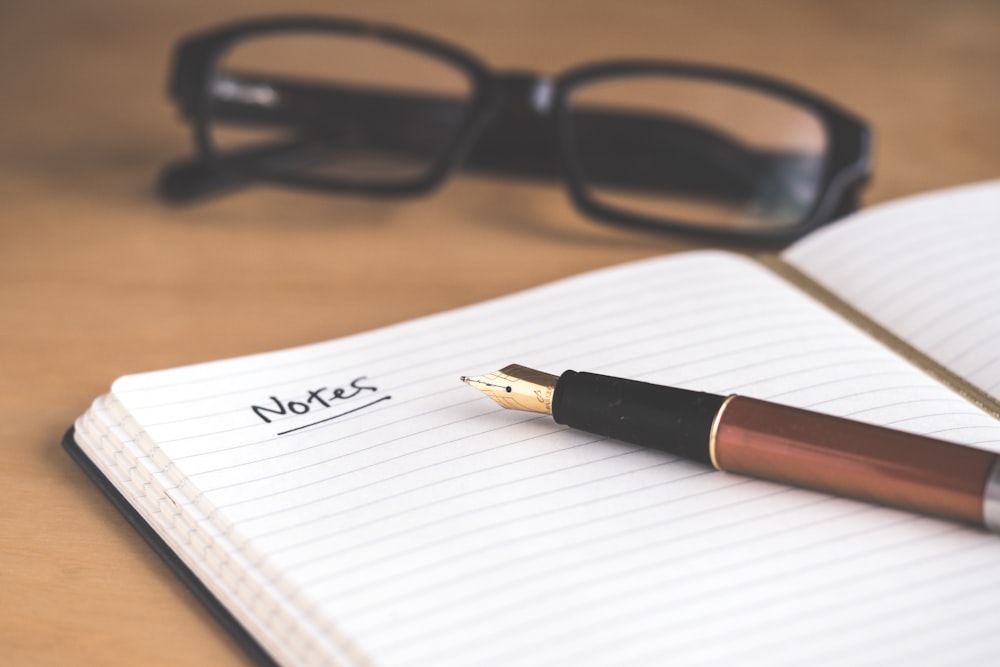Last Updated on 2022-10-22 by Stevenson
How to take notes during a lecture is not a skill or a talent but an initiative that every student needs to embrace. One of the classic problems of being a student is taking notes during lectures. I am sure that most millennials have this problem.
Taking notes during college lectures can be a tedious task. For example, you might want to take notes based on what the professor says but risk losing out on details. Typically, it takes a few lectures to adjust your note-taking methods.
However, there are several tips that you can use to take better notes from day 1 in college. Here are some excellent tips to become a better note-taker, whether during a lecture online or sitting in a lecture.
9 Tips on How to Take Notes during Lectures in College

Taking notes during a lecture is critical. How we all revise after a lesson varies from one individual to another.
As a college student, it can be hard to juggle the demands of your classes while also keeping track of all the assignments, readings, and other important information your professors are giving you. Taking good notes during lectures in college is vital to ensuring that you retain all the important information you will need for your classes.
Whether you are a traditional college student or an online student, how do you take notes during lectures?
1. Be Prepared
The first step toward effective note-taking is being prepared before the lecture begins. You should know what the topic of the lecture is going to be and understand what it pertains to in the broader context of your coursework. This will allow you to listen more actively during the lecture because you won’t be distracted by figuring out why this particular lecture matters.
To prepare for a lecture, check your syllabus and see if there is assigned reading material for it or if your professor assigned any preparation work. Make sure that you complete all of these steps before attending class so that you’re ready to take notes well.
2. Sit up-front
To take notes during a lecture, sitting near the front of the class is helpful because it allows you to hear your professor better. You will be able to see examples on the board more easily, and the professor may even single you out for a question, which will ensure that you’re paying attention.
3. Use technology

With the guidance and help of technology, taking notes is could be as easy as taking a multiple choice exam.
Many students now use their laptops or tablets to take notes during lectures. If this method works for you, try using an online note-taking app such as EverNote or Quip. This method ensures that your notes are backed up and never get lost.
4. Use symbols and abbreviations
You don’t have to pen down every word being said, but rather use symbols and abbreviations to mark down key points.
During an average lecture (especially if you’re taking notes by hand), it’s impossible to write down everything that the professor says word for word without missing anything important and falling behind in your writing. That’s why it’s so important to use abbreviations in your notes.
5. Ask and Write Down Questions
Avoid penning down words you have no idea about. Ask for clarity every time you’re unsure of anything. Also, if a question pops into your head while taking notes, make sure you write it down so that you can ask it at a later time (after class or during office hours).
6. Highlight the main points

How to take notes should be a joy to all college students except those with special needs.
You don’t need to scribble down everything said in class; capture the main points and any important details to help you understand the concepts later on when reviewing your notes. This will also keep you from getting lost.
It’s common to get lost in your own words when looking back over pages of notes, so you must highlight the most important points so that they stand out from everything else.
Then it will be effortless for you to grasp and understand later on when studying for exams or writing papers!
7. Pay attention!

With the help of our paper writing service, we shall help you learn how to take notes at affordable rates. Click here to seek instant help!
It’s hard to take good notes if you’re zoning out or daydreaming. Try getting enough sleep the night before class, eating a healthy breakfast, and avoiding caffeine and other stimulants that might interfere with your concentration.
Listen for keywords (especially names, dates, numbers, etc.), and pay close attention to the professor’s examples to illustrate concepts and ideas. These examples can be helpful when you review them later on!
8. Compare Notes with Classmates
Your classmates might have picked up some points that you missed. Comparing notes will help you identify the gaps and update your notes and vice versa. Remember, two is better than one.
9. Stay Away from Distractions
Distractions include your mobile phone, especially WhatsApp, Facebook, and Titktok, to name a few. For maximum concentration, always ensure your Wi-Fi is off, and your mobile phone is on silent mode.
Conclusion
Taking notes skills are important for many reasons. For example, they can help you learn better, and they can aid your memory when studying for exams.
A good set of notes is an incredibly useful tool in college. If you master the art of taking notes during a lecture, you’ll have a leg up every time you go to class.
Once you’ve got your notes down on paper, revisit them later and rewrite them so they’re legible, concise, and organized. Go over the things you’ve written down and ensure that nothing is out of place. It will help ensure that your learning process is efficient and effective.


